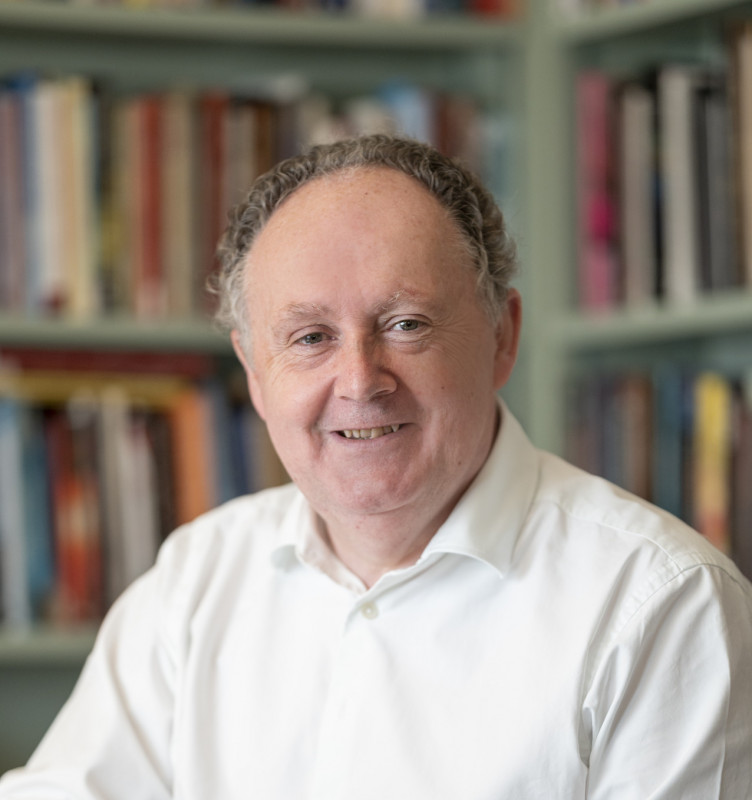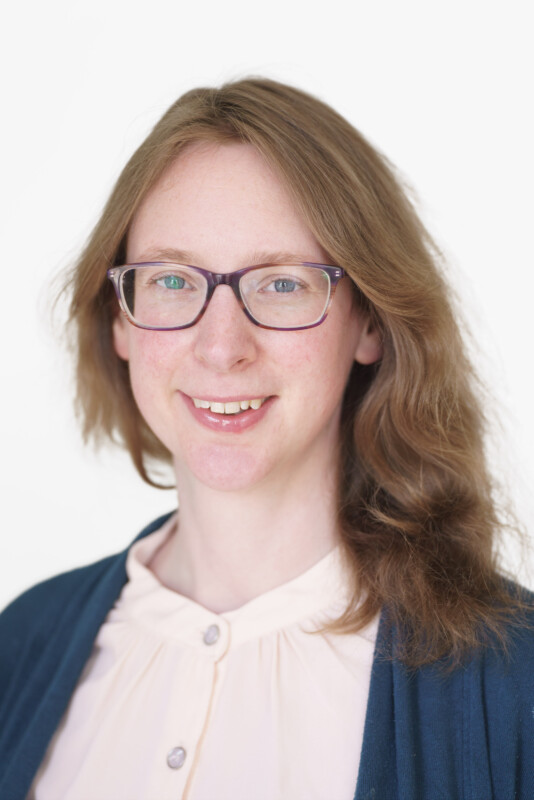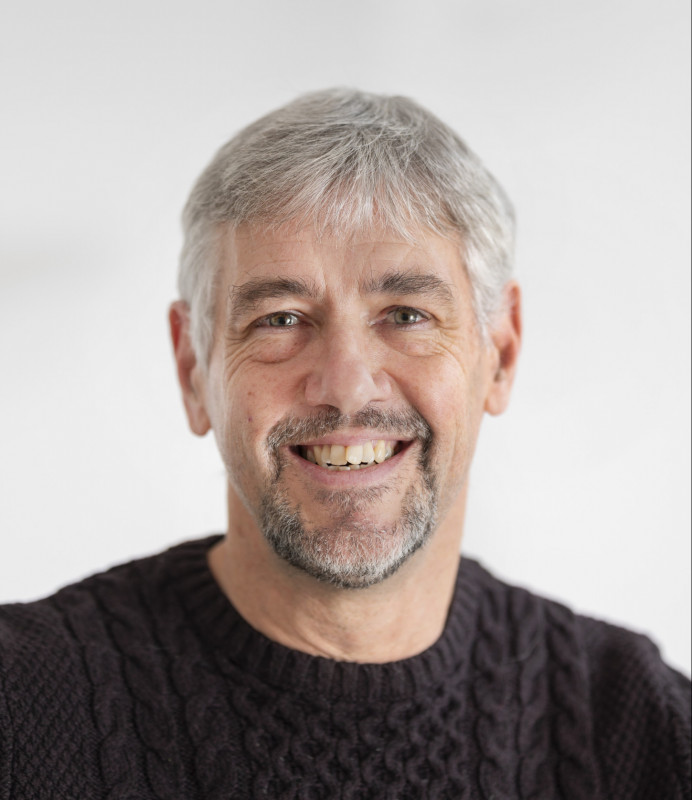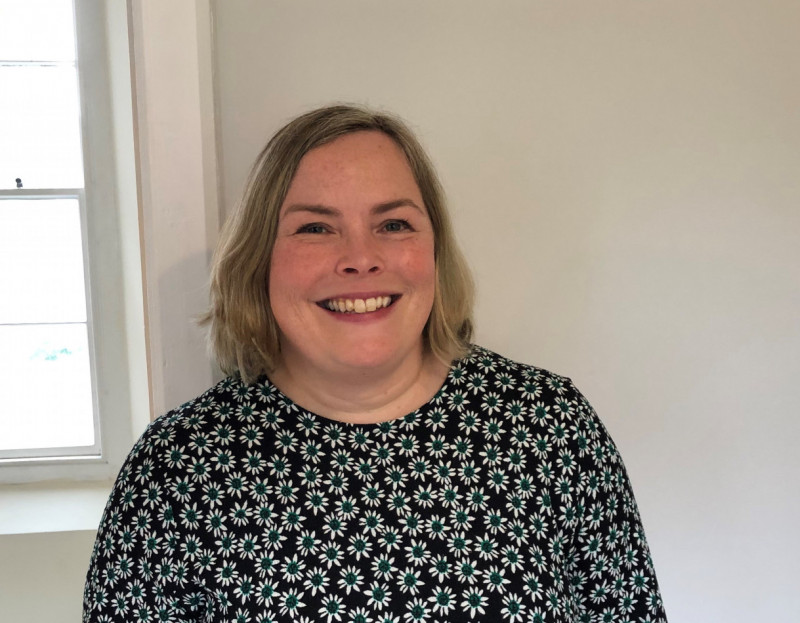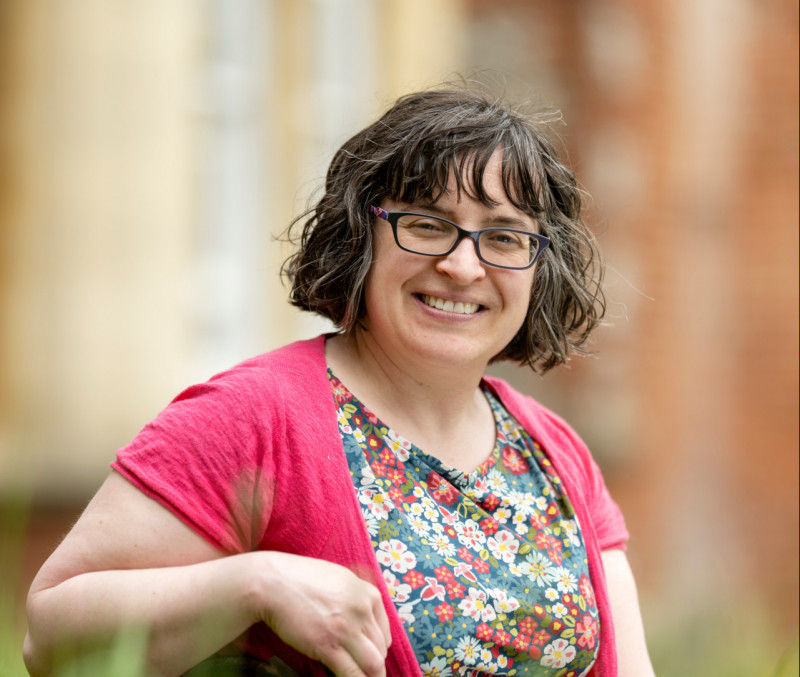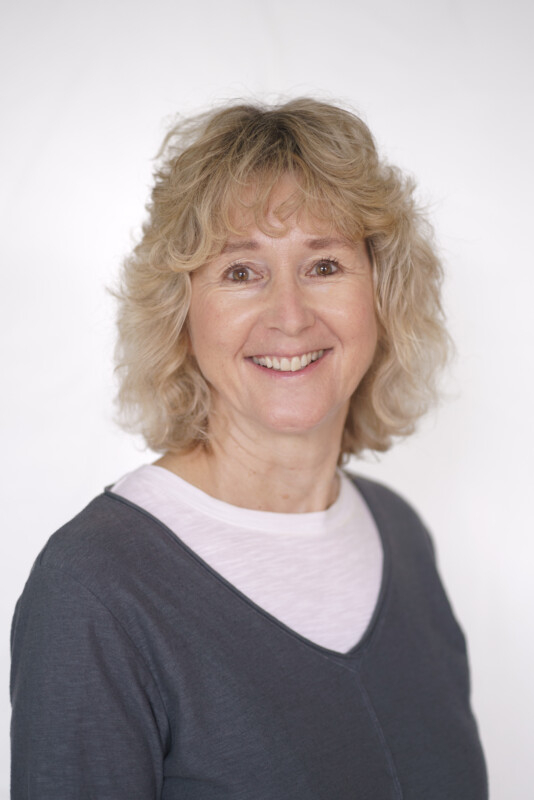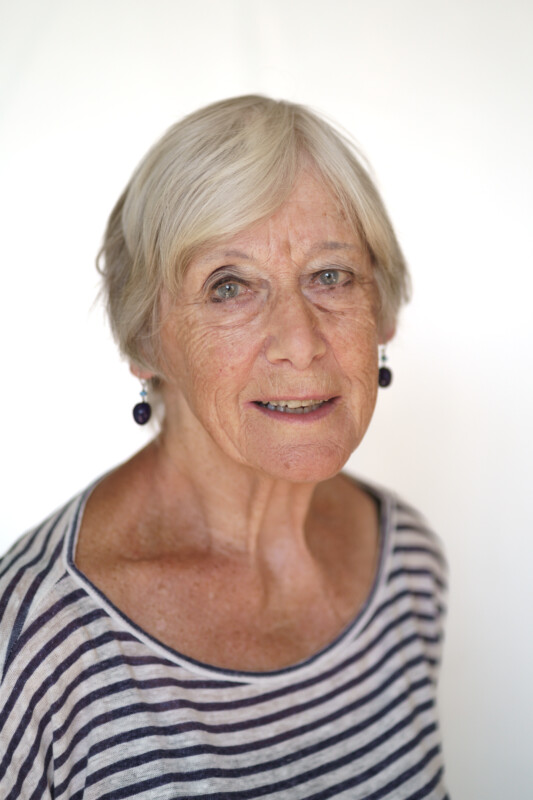- All Learning
- Ministry Pathways
- Hospitality
- Courses & Events Diary
- Course brochure
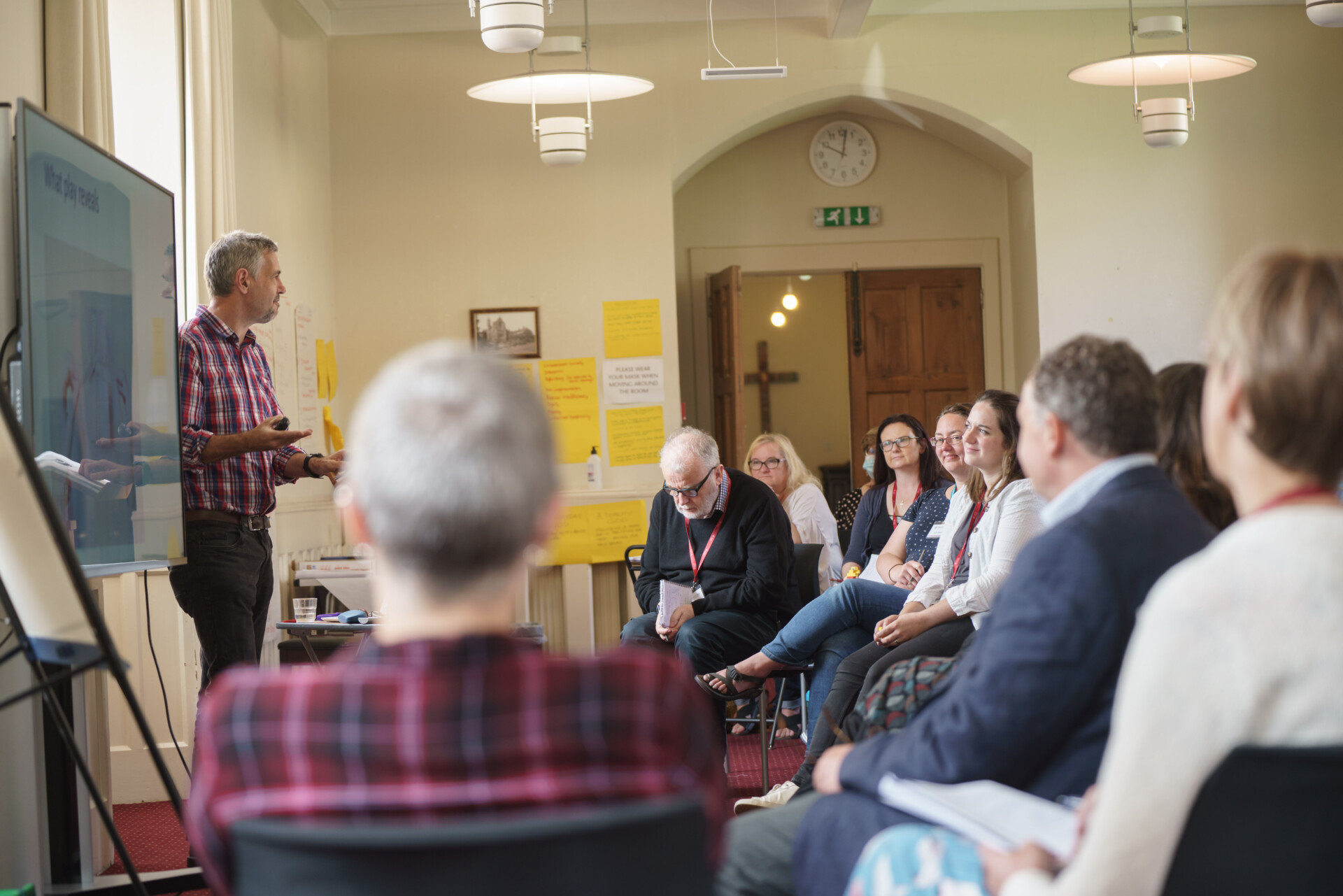
Ordained ministry postgraduate pathways
For those with prior theological learning
The Sarum Centre for Formation in Ministry offers flexible formational training that suits your lifestyle.
The Sarum Centre for Formation in Ministry has an integrated approach to learning to support you for mission, ministry and leadership for the church today and in the future.
We create a community of discussion, debate and mutual learning to instill advanced skills of discernment, reflexivity and reflection on practice.
Students can train on one of our postgraduate pathways, usually a Postgraduate Diploma or MA. Students can study part time or full time and usually train with Sarum College for two or three years. These pathways are suited to those who have already studied theology at university level, those looking to be stretched intellectually and formationally, and potential theological educators.
These pathways are validated through Common Awards at Durham University.
It wasn’t practical for me to complete an MA in theology sooner after completing my degree, so I was grateful for this opportunity to do so.
I feel I have more theological insight now and that this is good preparation for ministry.
There are lots of opportunities to link what we are learning and reflecting on to practical situations in the church and world. There are also opportunities to look at church in practice and new models of church.
The qualification is also an advantage when applying for roles.
— Larissa Trust
Rigorous and imaginative
Postgraduate pathways combine theology and biblical studies with training for advanced skills in theological reflection and practice for ministry and mission.
As with all our programmes, delivery blends online learning, regular contact with peers and module tutors through seminars and an online forum.
We build a community of fellowship through residential learning, and through practice and reflection through supervision in a local ministerial context.
Students form a deep bond with fellow postgraduate students and also participate fully with the wider cohort of students in training through residentials, groupwork and modules.
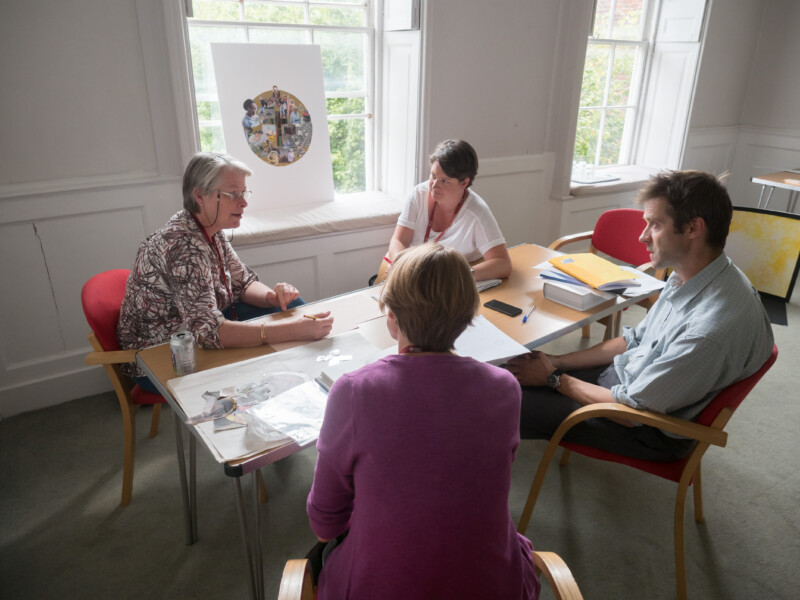
Find out more
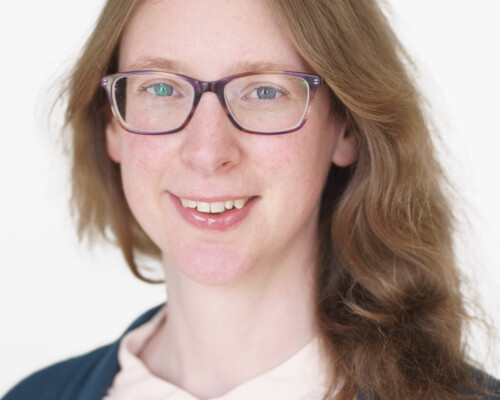
I have taught in theological education since 2012, taking various roles across undergraduate and postgraduate programmes as a programme leader and director of studies. I teach Christian doctrine and specialise in theology, arts and culture. A child of the manse and daughter of the Lake District fells, the stomping ground of Wordsworth and Coleridge, I bring a poetic sensibility to my writing, which focuses on what poetry can teach us about the ‘grammar’ of Christian theology and the experience and practice of Christian faith. I have a passion for retrieving neglected or devalued ideas, recovering the beauty that once made them powerful and reimagining them for a contemporary context. Previous publications focussed on a Christian theology of innocence while my forthcoming book takes a step beyond narrative theology and theodramatic theory to explore the lyric voice in Christian theology. I have published on spoken word artists such as Kae Tempest and Tony Walsh alongside religious poets like John Clare, George Herbert and Thomas Traherne.
As well as programme leader for postgraduate programmes in theology, ministry and mission at Sarum College, I am also a research associate for the Oxford Centre for Religion and Culture.
I am available to supervise research projects and offer teaching sessions, study days and retreats in the areas of Christian doctrine, theology, arts and culture and theological reflection.
Awards
Topics covered include modern theology, advanced biblical studies, mission and ecclesiology, worship and liturgy, an extended placement, advanced skills in theological reflection and research methods.
Students also develop core formational skills in areas such as leadership, vocation, pastoral care and leading worship along with the wider student body.
Assessment includes written assignments as well as reflections, presentations, sermons and projects.
Ordination students on all pathways also audit some of the undergraduate modules to cover all formational requirements.
MA Degree
This is taken over 3 years part time or 2 years full time.
Students on the MA programme have the opportunity to cultivate a specialism in a particular topic and develop independent research skills through the dissertation.
PG Diploma
This course is taken over two years part time, and is the same as the MA but without a final dissertation.
PG Certificate
This is one year part time, with no final dissertation, offered by agreement with the sponsoring diocese.
Entry requirements
Entry to a postgraduate pathway usually requires a 2:1 BA or equivalent in theology or religious studies, or a 2:1 degree in another subject combined with a university level qualification in theology with an overall mark of at least 60%.
Students interested in training through one of these pathways should ask about postgraduate study when visiting Sarum College as part of the usual discernment processes of their sponsoring church.
Learning at college, at church and at home
You are supported in your training through our blended learning pattern. You learn in three ways:
In community – Residential Learning
We come together at residential weekends to share in the larger group, explore a rich diversity of traditions, and enjoy food and fellowship. A sense of community is quickly built up which continues through forums and social media when apart. Each student has a Personal Tutor, and all staff and the Chaplain are available for support and questions.
The residential weekends build on the module material in discussion and teaching to support your learning. We also build on formational learning in practical aspects of ministry and self-care, group work, and ongoing theological reflection. Weekends begin with evensong in the Cathedral, students lead worship in the College Chapel, and we often join local churches on the Sunday.
Those on a LLM/Reader pathway have some differences on residency, and should discuss the details with their Diocese.
Through experience – Learning in Context
Your learning throughout the course is grounded in practice. Your main context is usually (but not always) your home church. We set up a Training Supervisor for you, often the incumbent or pastor of your main context, who will meet regularly with you help relate your training to practice.
You explore mission and ministry in a different setting through a long placement module. This is stretching, but is arranged to accommodate work and family responsibilities. Recent placements include prison and hospital chaplaincies, different local church settings, and various cathedrals including in Africa.
Residential weekends on rural, urban and interfaith ministry themes contribute further engagement with different contexts and form part of the learning in community.
In depth – Personal Learning
Our online modules enable you to pursue your personal study at a time and place to suit you. These modules also incorporate practical and reflective activities and assignments.
This guided study contains a wealth of material, including reading activities, reflection and multimedia. You have online group tutorials through Zoom with the module leader, which is efficient with time and costs. Those who travel for work find this very helpful, allowing them to attend tutorials wherever they are.
You also apply what you learn by leading a regular ‘Local Learning Group’ of people, chosen by you, who come from your home context. These groups allow you to share learning with others wanting to support you.
Time required
We work on an academic year that runs from a residential Summer School for ordinands in the week before the August Bank Holiday and goes through to mid July. Final year students finish at the beginning of June. The work is paced through the year, and a fortnight’s break is given at both Christmas and Easter in addition to the summer break. If there are emergencies such as sickness, staff are fully supportive in enabling the student to manage the situation and the work.
You will need to have somewhere quiet for study on a regular basis. You will also need a reasonable broadband connection and computer set-up that will allow you to use Zoom for tutorials.
If you train part-time
Part-time you will need to give approximately 16 hours a week to your study, to attend 6 residential weekends a year and for ordinands the annual residential week in August. In the first year you will have two extra Saturdays to attend, for induction and for safe-guarding training.
16 hours is an honest average that includes involvement in church on Sundays and other formational experience, together with the work required for study, tutorials and supervisions. You will need to drop other existing responsibilities in church to make space for this. This is a commitment, especially for those in full time jobs, but it is manageable and worthwhile.
If you train full-time ‘Context based’
For full-time training, the Church of England Ministry Division requirement is an average of 40 hours per week for 45 weeks of the year. In this you work one day a week (voluntary) in your parish as ministry experience in addition to Sundays. You attend 8 residential weekends a year and the annual residential week in August. In the first year you will have two extra Saturdays to attend, for induction and for safeguarding training.
You will need to give 24 hours a week to study, tutorials and supervisions. Full-time context based training is a full time commitment, but it is manageable and worthwhile.
A great place to study
Sarum College enjoys the wonderful setting of Cathedral Close in Salisbury. During residentials students stay in the College’s comfortable single bedrooms, mostly en-suite.
Meals are cooked and served onsite, and the Common Room bar offers space for conversation to continue into the evening.
Teaching rooms are well equipped, including for live-streamed events. The library is well-stocked with access to a large catalogue of books and journals, and you can make use of it when you like. Some use the library outside of residential periods if they are passing for work or as a study day.
Ordinands lead worship in the College Chapel at residential weekends. Here you will share the riches of your own tradition, and find new ideas about church life and worship from your colleagues and staff.
Centre faculty support you pastorally and academically at college or at home, as well as teaching on the modules. Other experts supplement the teaching programme with specialist knowledge as required.
Fees
For Church of England Candidates
For Church of England ordinands, your tuition fees will be paid for you by your diocese, as are your travelling expenses to and from Sarum College. If you are training for Licensed Lay Ministry in a sending Diocese, similarly your tuition fees are met by the Diocese. If you are a full-time contextual pathway student, you should discuss other financial implications such as maintenance grants with your Diocese. It is worth noting that if you wish to stay in College at times outside the residential periods of your course, for instance to give yourself an intensive study period, then this is possible at normal College B&B rates.
For DDOs
The Sarum College pathways are charged at the level anticipated by Ministry Division as the tuition costs per year for that pathway in the annual RME Handbook. Our Full-Time Contextual Pathways are charged at the Ministry Division tuition costs for a Full Time Non-residential Pathway per year. Our Part-Time Pathways are charged at the Ministry Division tuition costs for a Regional Pathway per year. Travel expenses are kept to a minimum by using online seminars for teaching and tutorials between residential weekends at College. If you have further questions on pathways and finances we will be happy to discuss these with you.
For those from denominations other than the Church of England
Fees may differ according to requirements, so please contact us to discuss.
Meet the team
Sign up to our newsletter
Fill in and submit the form below and we'll add you to our mailing list for news about Sarum College.
"*" indicates required fields
